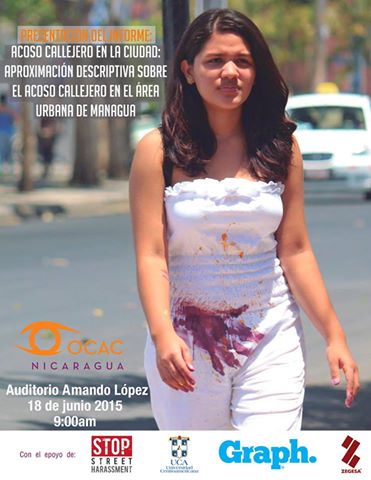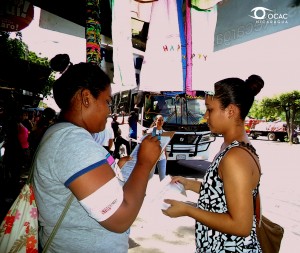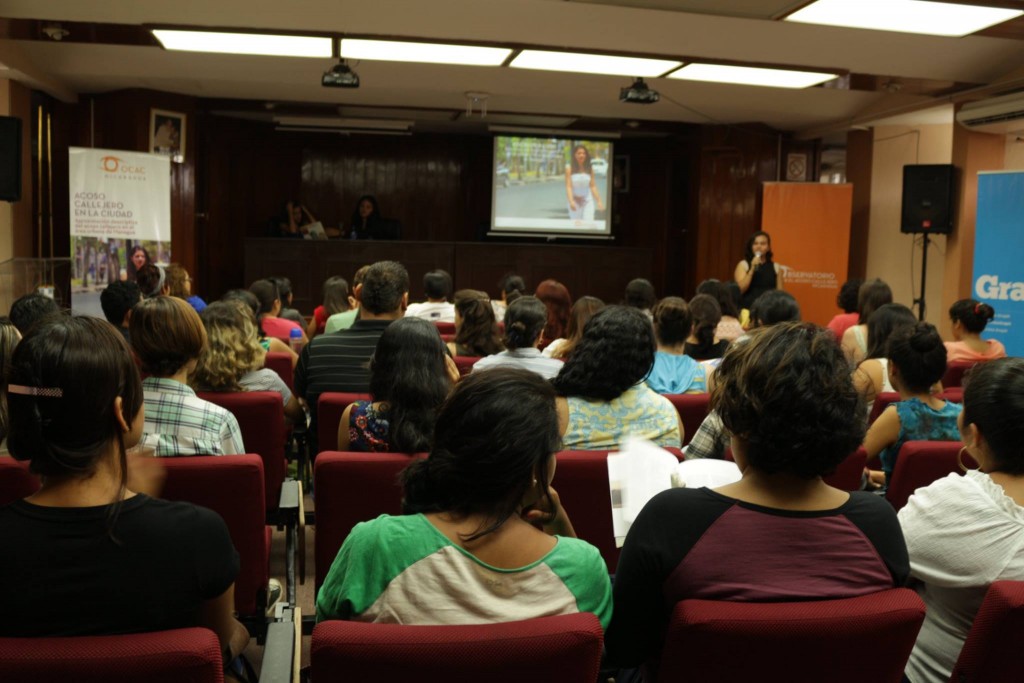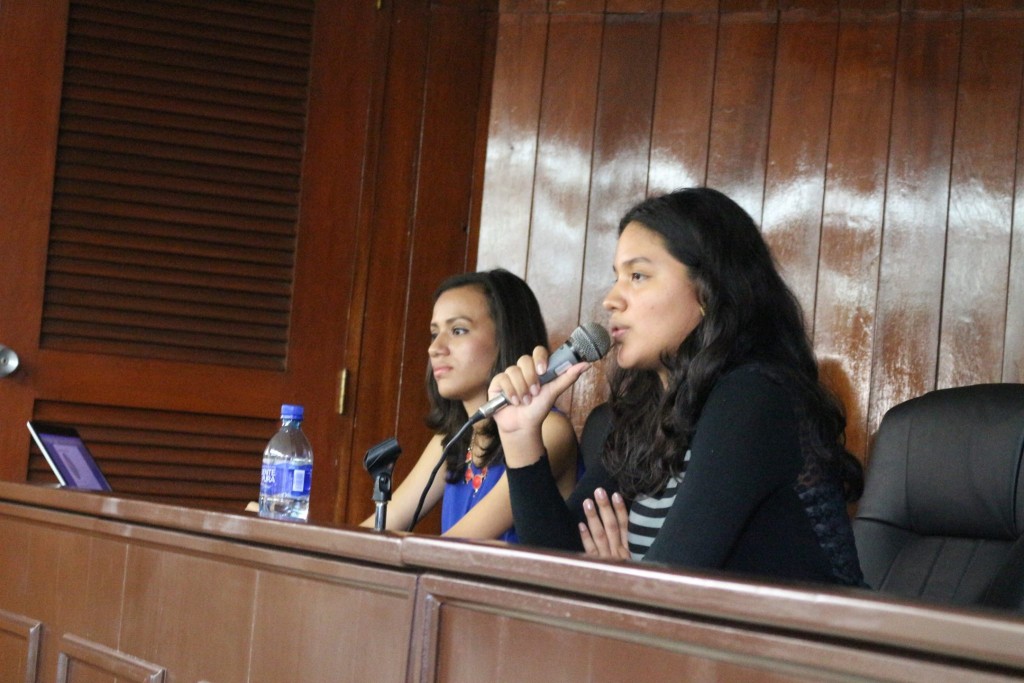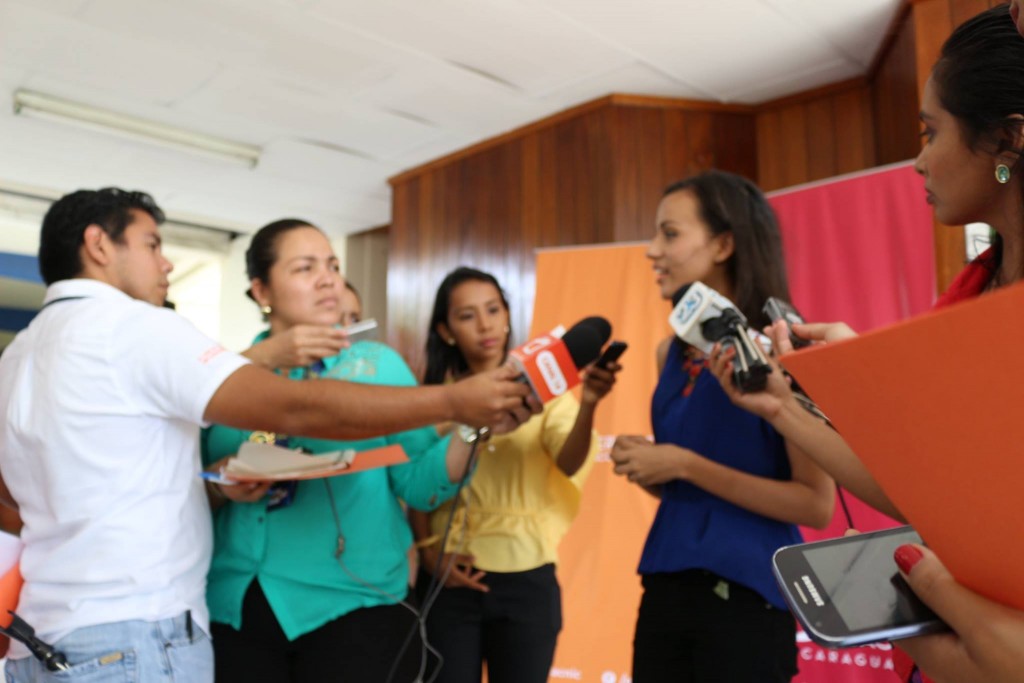I was riding my bike home from class on a busy road when I heard a car swerving unusually close to the bike lane from behind me. I immediately tried to get out of the way, almost hitting a parked car. As the pickup truck passes me, I saw an old guy (around 50) hanging out the window with his arm extended, laughing loudly and shouting, ʺWhoops, I missed!ʺ He was trying to slap my butt while going almost 30 miles an hour in his car.
I couldn’t help but wonder what he must have been thinking about my body during the time they were driving behind me, and that made me feel horribly embarrassed and ashamed. I was furious that he put my safety at risk – not just my comfort, like most cat-callers do, but my actual physical well being – to get a laugh at my expense. Why did he think he had that right?? I know I wasn’t doing anything wrong, that the onus of his behavior is on him and not my actions or appearance, but it still made me feel like I needed to fix something.
Optional: What’s one way you think we can make public places safer for everyone?
Right now I think it might just have to be a case-by-case thing. Next time someone makes me uncomfortable in this way, I’ll talk to them about it, assuming the situation allows for that.
– CS
Location: Seattle, WA
Share your street harassment story for the blog.
See the book 50 Stories about Stopping Street Harassers for more idea

